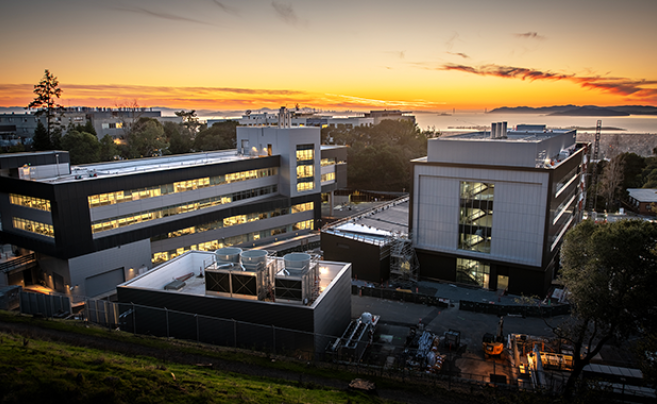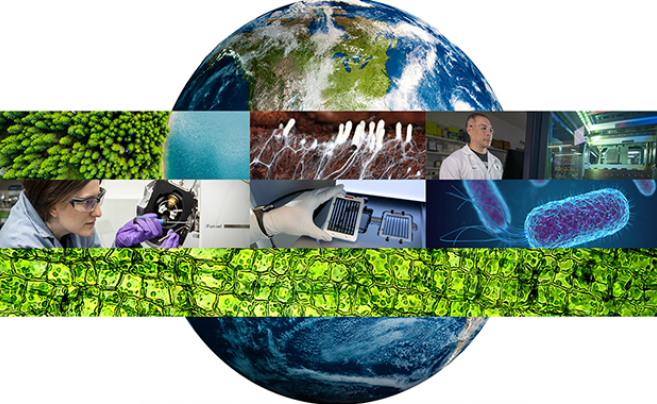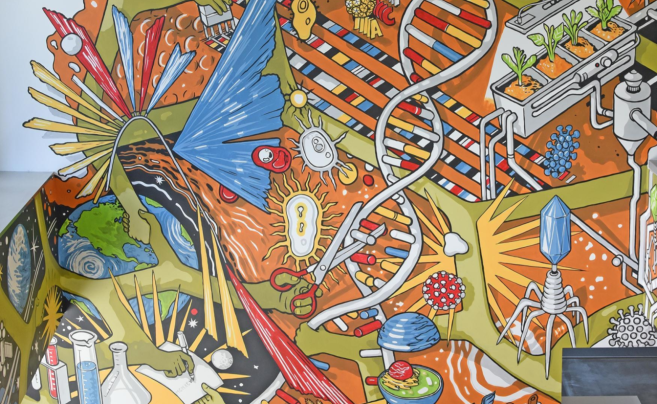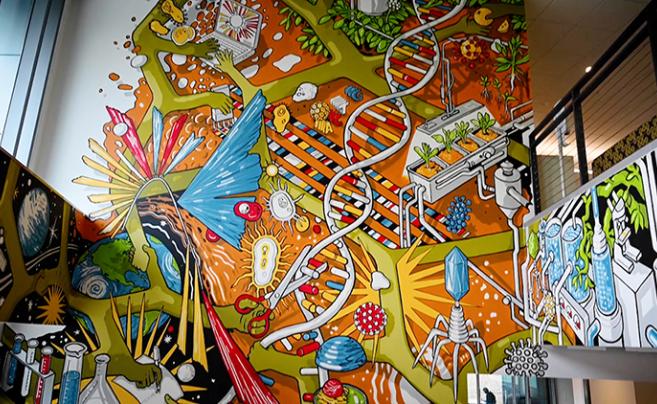The JGI was created in 1997 to unite the expertise and resources in DNA sequencing, informatics, and technology development pioneered at the U.S. DOE genome centers at Lawrence Berkeley National Laboratory, Lawrence Livermore National Laboratory, and Los Alamos National Laboratory.
In 1999, to accelerate the completion of DOE’s commitment to the Human Genome Project, the University of California, which manages Berkeley Lab, leased laboratory and office space in a light industrial park in Walnut Creek, California, to consolidate activities. The significant economies of scale achieved in doing so enabled the JGI to be the first to publish the sequence analysis of the target chromosomes 5, 16, and 19, in the journal Nature. Following this accomplishment, the JGI went on to advance basic science by sequencing scores of microbial species as well as several model organisms and contributing this information freely to the public databases.
In 2004, the JGI established itself as a national user facility, and has grown to serve a worldwide community of more than 2,000 primary users—those who apply for JGI resources and are engaged in active projects—each year. In addition, several thousand data users worldwide download millions of files.
The vast majority of JGI proposals are supported under the auspices of our Community Science Program, characterize organisms (plants and microbes) relevant to the DOE science mission areas of bioenergy and environmental microbiome processes.
Among the JGI’s largest dedicated partnerships are the DOE Bioenergy Research Centers, which seek to accelerate the development of biofuels and bioproducts. The JGI continues to receive its support from the Biological and Environmental Research program in the DOE’s Office of Science.
In December 2019, the JGI relocated to the newly-built Integrative Genomics Building (IGB), a home it shares with the staff of the DOE Systems Biology Knowledgebase (KBase) and the National Microbiome Data Collaborative (NMDC) in the heart of the Berkeley Lab.








